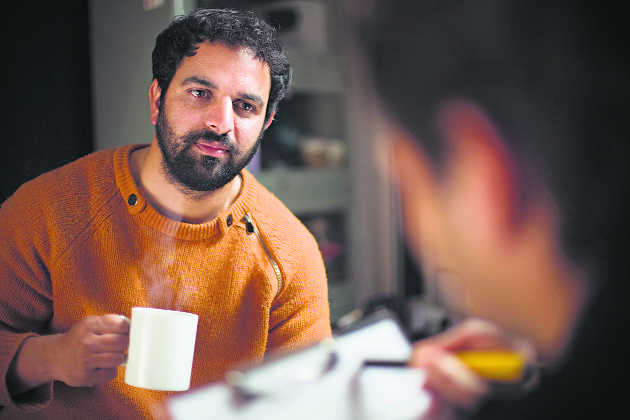
Abha Chaudhary
At the risk of sounding repetitive, I dwell upon the thought. Isn’t good etiquette all about showing respect and consideration to others? Then, why is it so easy for us to be oblivious of the damage our words and deeds could have on those we interact with? What I am saying is that it’s okay to be a little grumpy on a Saturday morning and end up saying a rude comment to a cohort (and of course, apologise as soon as you realise your mistake), but how permissible is to be perpetually in such an unfriendly and unpleasant mood?
Don’t blame others
Little does one realise that you cannot blame those around you for whatever that’s going wrong in your life. The most to bear the brunt of such uncivil behaviour could be a spouse, an employee, or a child. Maya Angelou has so aptly said that people will forget what you did or said, but they will never forget how you made them feel. Every human interaction is an experience.
The Pygmalion effect
An understanding of human psychology can significantly help us refine our behaviours because our personal and social interactions thrive on the principle of reciprocity. The way we treat others not only gets reciprocated in their behaviour towards us, but also in their self worth and how they feel about themselves. The Hollywood musical My Fair Lady (based on the play Pygmalion by George Bernard Shaw) beautifully depicts the Pygmalion effect. It’s the way she is treated that makes Eliza Doolittle, a cockney naive flower girl blossom into a refined young lady. The Pygmalion effect is the phenomenon whereby others’ expectations of a person affect his or her performance. If a parent or a teacher interact with the children setting positive expectations, it has a significant contribution in boosting their self-esteem and hence performance. It is very important for parents and teachers to nurture the right kind of self impressions on the tender minds of the young children. A careless and often constant comparison between siblings or peers at school goes a long way in hurting the belief system of a child.
No constant comparisons please
While it’s alright to rub in a bit of competitive motivation among children during their formative years at home or at school, the adult brain must realise that every child is unique and different and so cannot be constantly thrown into a black hole of ‘good for nothingness’ or ‘I am not as good as.....’. Our self-worth is developed by not so much as what we think of ourselves but by what others think of us. We, very much like Pavlov’s dogs, condition our brains to believe the compliments and the criticisms that our near and dear ones give to us. The not so kind words tend to have a much deeper impression on our self-image. So, if consideration for the rights and feelings of others is the very foundation upon which our personal, professional and social lives are built –the golden rule of etiquette that one can repeatedly paraphrase is –Never do anything that is unpleasant to others.
(Chaudhary is a Chandigarh-based image and style consultant)



























